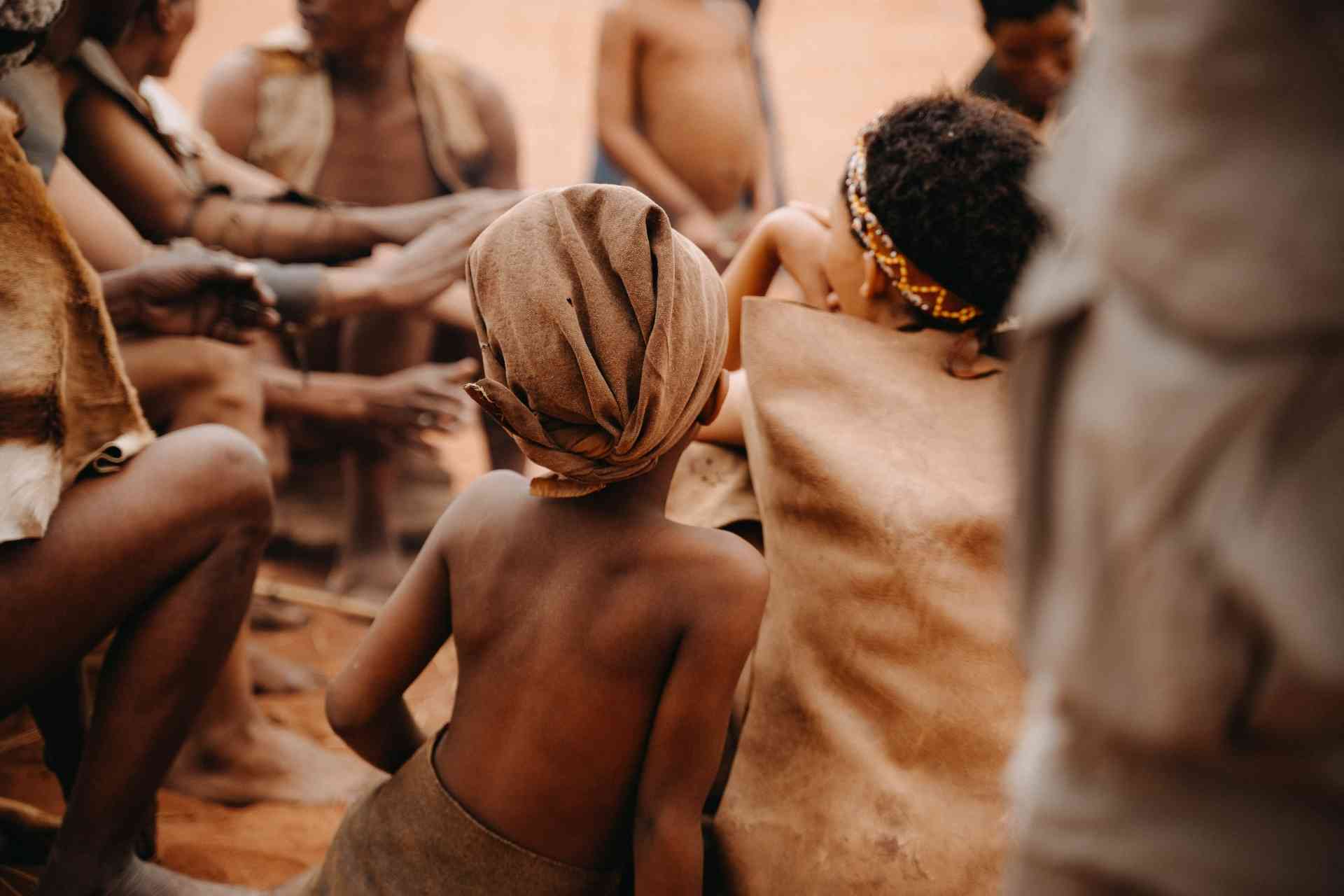What is already known
In the past decade, scientists have made advances in identifying links between human microbiotas and local ecologies. The microbiotas of Indigenous communities have been targeted for basic research, and many social scientists have been calling for Indigenous people to become equal partners, rather than just participants, in these studies.
What this research adds
A human rights activist and a group of anthropologists and human biologists provide suggestions for more inclusive and ethical research practices in microbiome research. They also offer advice for addressing logistical and ethical challenges of collecting microbiome data from Indigenous peoples.
Conclusions
Open dialogue with Indigenous communities and an inclusive research infrastructure are needed for future research partnerships.
In the past decade, scientists have made advances in identifying links between human microbiotas and local ecologies. The microbiotas of Indigenous communities have been targeted for basic research, and many social scientists have been calling for Indigenous people to become equal partners, rather than just participants, in these studies.
In a Perspective published in Nature Microbiology, a human rights activist and a group of anthropologists and human biologists provide suggestions for more inclusive and ethical research practices in microbiome research. They also offer advice for addressing logistical and ethical challenges of collecting microbiome data from Indigenous peoples.
“Despite increasing calls for more ethical research, there is scant actionable advice on what community-inclusive research in biological sciences (other than genetics/genomics) looks like or how to establish long-term partnerships and benefit-sharing agreements,” the authors say. “The core principles of collaboration, representation and capacity building are publicized as key, but without a framework of accountability, these principles remain challenging to actualize.”
The authors shared suggestions for actions that researchers can take to improve protocols and collaboration with Indigenous communities.
Increasing participation
Taking biological samples from Indigenous communities can be a source of discomfort and be experienced as an intrusion. One way to mitigate this is to have protocols for sample collection pre-approved by the participant community, the researchers say. “It is possible to include funding requests for the collection of pilot data, field-testing instruments, building community relationships and incorporating community input.” This methodological transparency, they add, may reduce the discomforts associated with sampling and improve reproducibility.
A key principle of all research involving people is informed consent. However, obtaining truly genuine consent may be difficult without a complete understanding of the purpose of the proposed project and the risks and benefits of participation.
The authors recommend that researchers obtain consent from participants at the time of recruitment and at multiple stages of the project. “Although the specifics of the process will differ depending on the project, the framework entails regular communication, corrective feedback from the participant communities and repetition of information to facilitate greater understanding of the research aims.” In the case of biological samples, explicit permission for storage and future use is necessary, they add.
Benefiting communities
Many countries have regulations that require the return of research results to study participants. But while funders such as the National Science Foundation often provide money for trips to report results, this practice isn’t common in microbiome research. “Research participants have a right to the knowledge generated about themselves […] and results sharing allows all parties to have access to the knowledge that was generated by the working relationship,” the authors say.
Community contribution should also be acknowledged in publications and in media coverage of the research. What’s more, local research assistants who helped to obtain data should be offered authorship on scholarly articles. “Acknowledgement of research assistance is central to capacity building and ethical scientific engagement,” the authors note.
Besides acknowledging participant communities, researchers should also use respectful language when describing them. For example, they should avoid the terms ‘non-modern’, ‘non-industrial’ or ‘traditional’ when referring to Indigenous communities, as this language “not only romanticizes their connection to their ecological environment but also indicates that they are somehow proxies for the ancestral microbiome,” the authors say.
If only one community is under study, they add, its name should be included in the title of the paper. “For example, if writing a paper about Hadza foragers, the name of the population should be in the title rather than ‘African foragers’, as there are dozens of candidate populations for which that moniker could apply.”
Finally, it’s important for the benefits of microbiome research to trickle down to study participants. Monetary compensation may not be enough, the authors point out. Training and including Indigenous data collectors in the research design will help to capacitate and promote Indigenous scholars.
The development of an inclusive research infrastructures and an open and transparent dialogue with Indigenous communities are needed for future research partnerships, the authors say.











